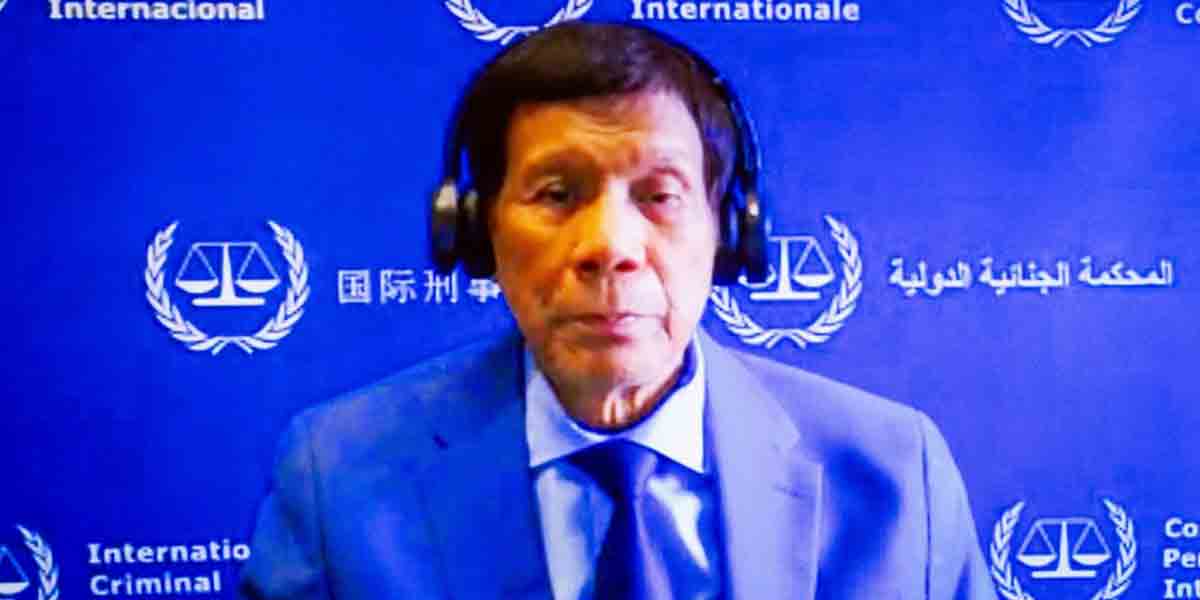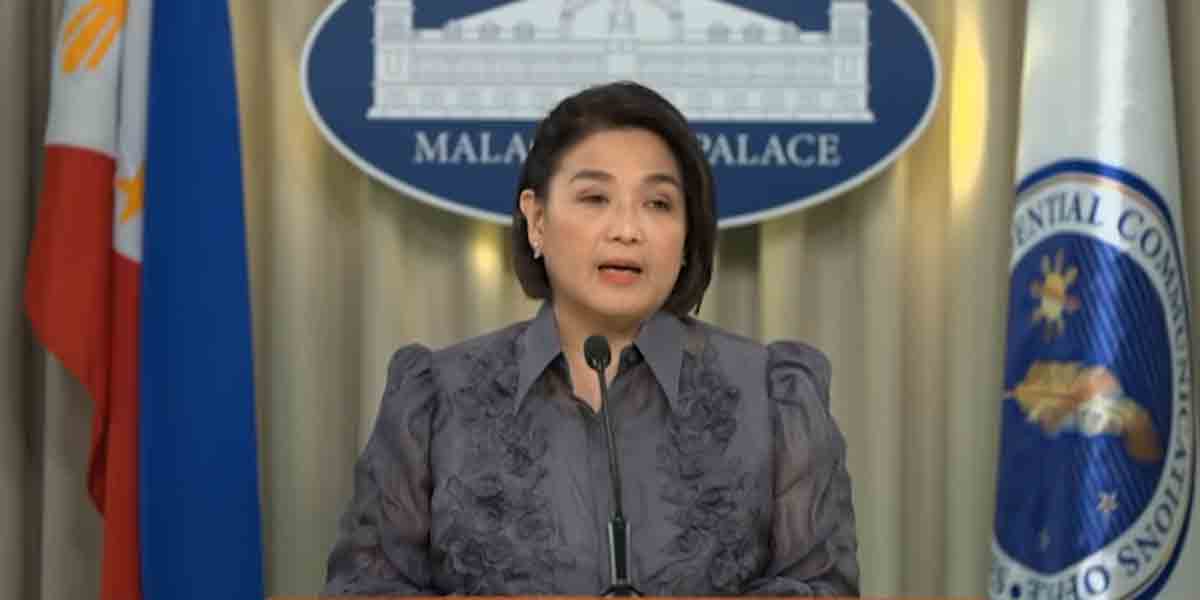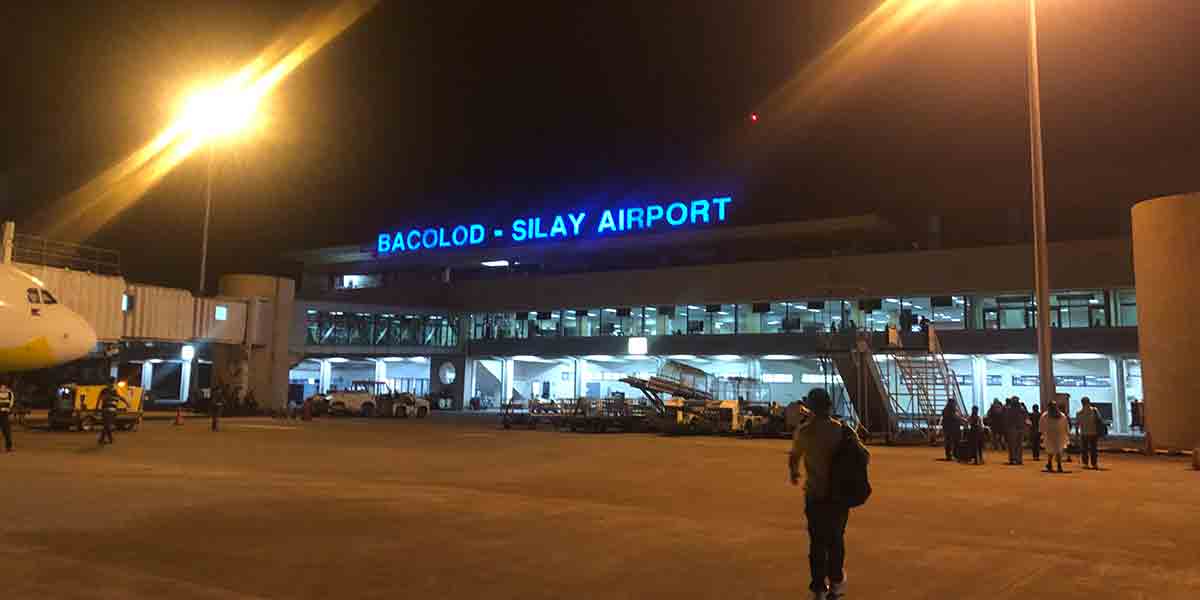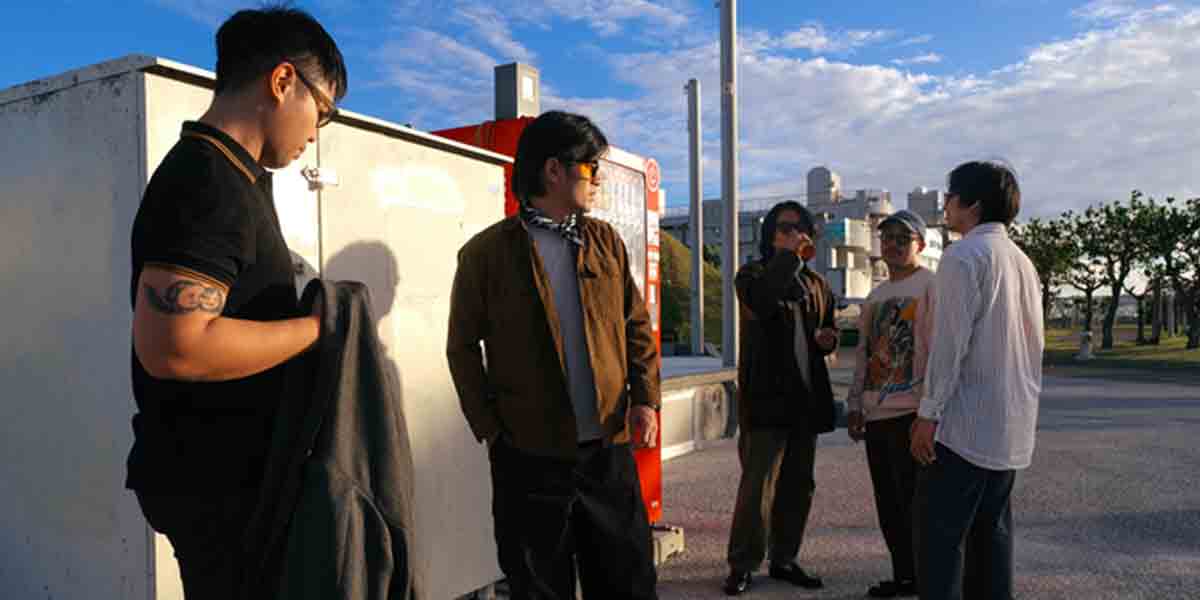By Dolly Yasa
BACOLOD CITY — A provincial government official refuted claims by a gubernatorial candidate in the 2025 midterm elections that the One Hospital Command (OHC) system is “anti-poor” and should be dismantled.
Provincial Administrator Atty. Rayfrando Diaz, in a statement to reporters, asserted that all provincial government hospitals primarily serve indigent patients.
“Seldom do rich people seek admission in our public hospitals, so how can the OHC be anti-poor?” Diaz said.
He explained that the OHC was established during the COVID-19 pandemic to organize patient referrals to appropriate hospitals, whether for COVID-19 cases or other conditions.
Diaz emphasized that the OHC continues to streamline patient referrals post-pandemic, in line with the Universal Health Care Act.
The Department of Health (DOH) has lauded the system, conducting benchmarking activities to study its implementation, Diaz said.
He described the OHC as a system that allows the Hospital Operations Department to receive information about patients before they are transported, enabling hospitals to prepare for their arrival.
“With the referral document, hospital administrators are informed about the patient’s condition and needs. This lets us match resources, including doctors and equipment, and direct the patient to the nearest hospital capable of providing the necessary intervention,” Diaz explained.
He clarified that in emergencies, patients can proceed directly to the nearest hospital without a referral.
Diaz noted that the OHC is managed by the Hospital Operations Department head and a select group of hospital chiefs, who coordinate patient assignments and alert emergency rooms and staff in advance.
“Hospitals cannot refuse admission; this is a direct command from the head of the Hospital Operations Department,” he stressed.
Diaz warned that dismantling the system would force patients to resort to “hospital shopping” without clear direction, risking refusals during critical moments.
“If there are lapses, the system must be improved. If hospital administrators are tagged as anti-poor or unkind, they must be challenged to improve,” he added.
He also called on local government units (LGUs) to strengthen their primary healthcare programs, arguing that overburdening provincial hospitals could lead to their collapse.
“Not everything should be passed on to provincial government-run hospitals. Otherwise, our facilities and personnel will be overwhelmed,” Diaz said.
Dr. Mary Ann Maestral, a DOH undersecretary and former head of the Teresita Jalandoni Provincial Hospital, praised the OHC.
“From the DOH standpoint, this initiative by Negros Occidental is laudable. It aligns with Universal Healthcare and is a Key Result Area for UHC implementation,” Maestral said, adding that LGU cooperation is critical for its success.
The OHC system has also been adopted in neighboring provinces like Panay, Maestral noted.
Earlier, former Victorias City Mayor Wantan Palanca, one of four challengers to Governor Eugenio Jose Lacson in the 2025 elections, pledged to dismantle the OHC if elected.
Palanca, running under the Partido Demokratiko Pilipino, argued that the system is no longer necessary since the pandemic has ended.
He claimed that the OHC has caused delays leading to patient deaths.
“Sadly, patients die while waiting for referrals or while en route to designated hospitals,” Palanca said.





















